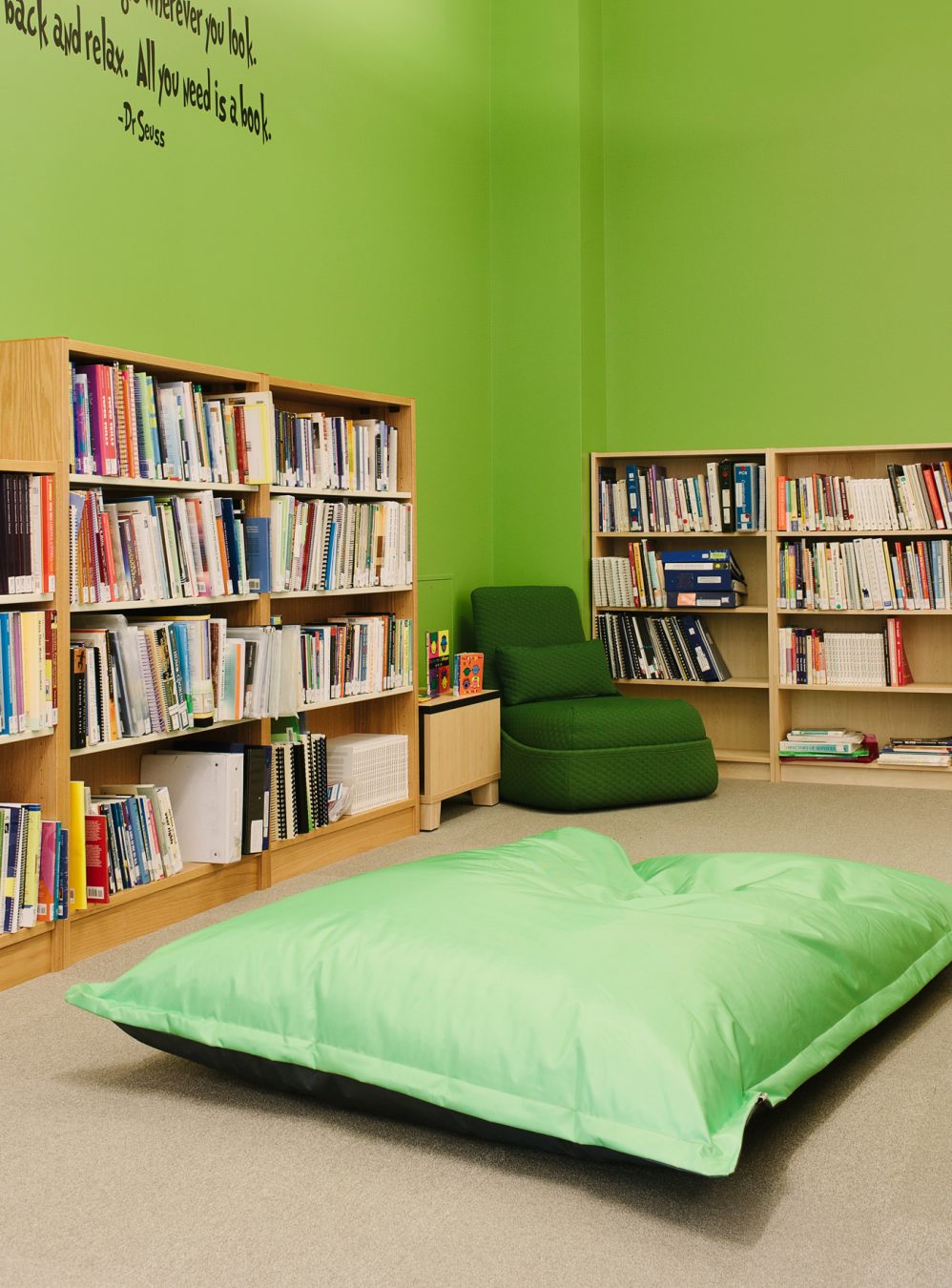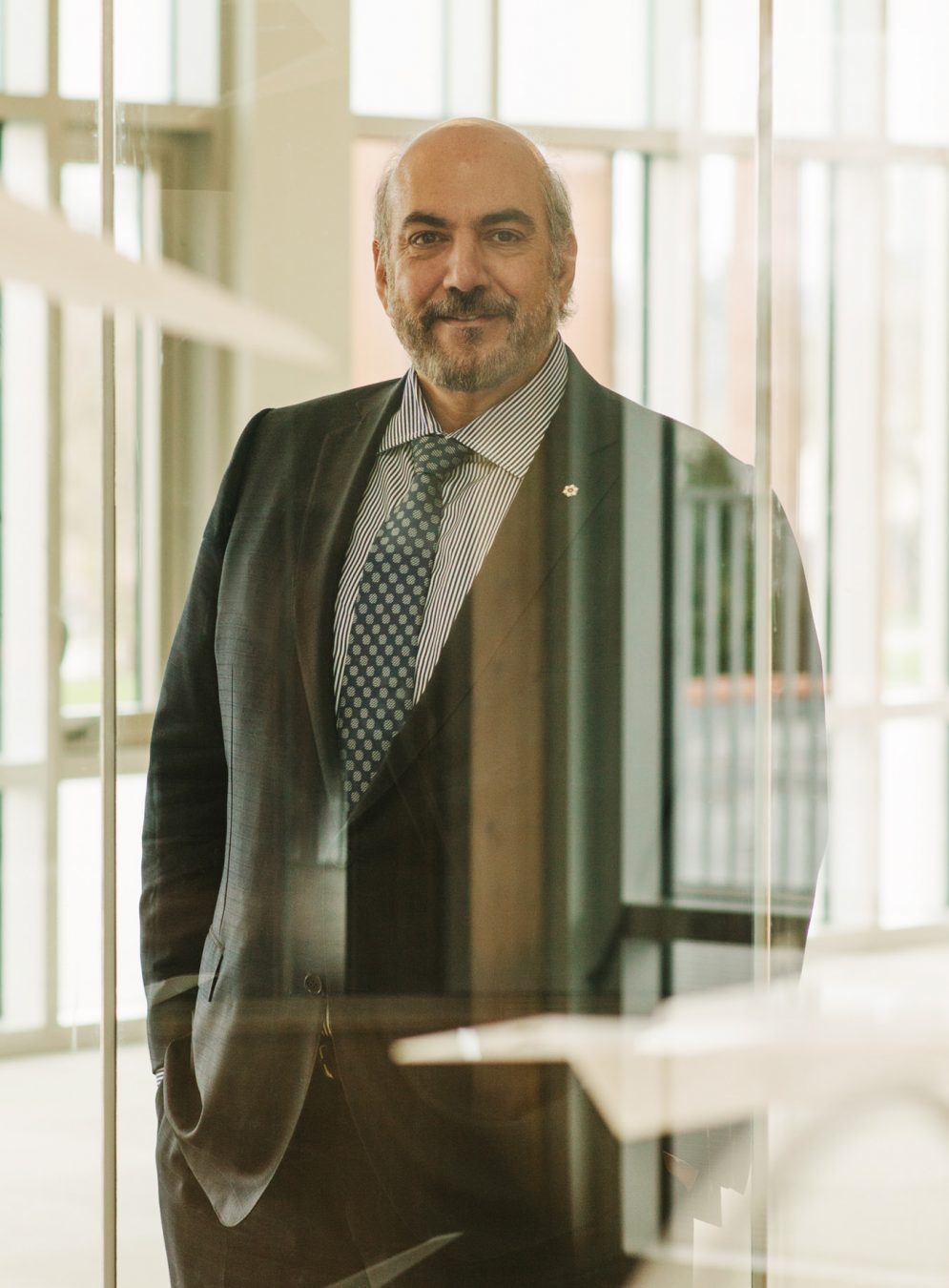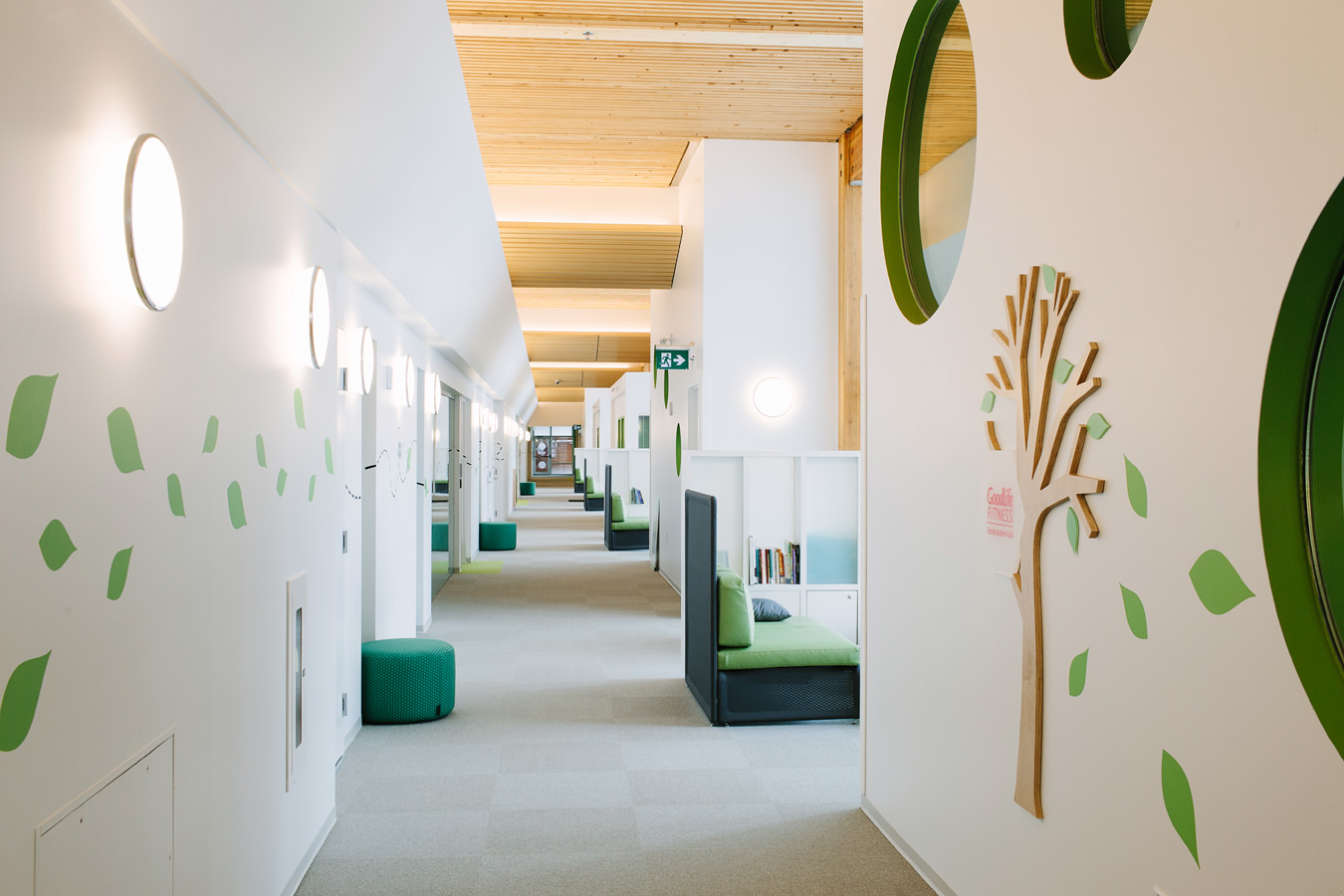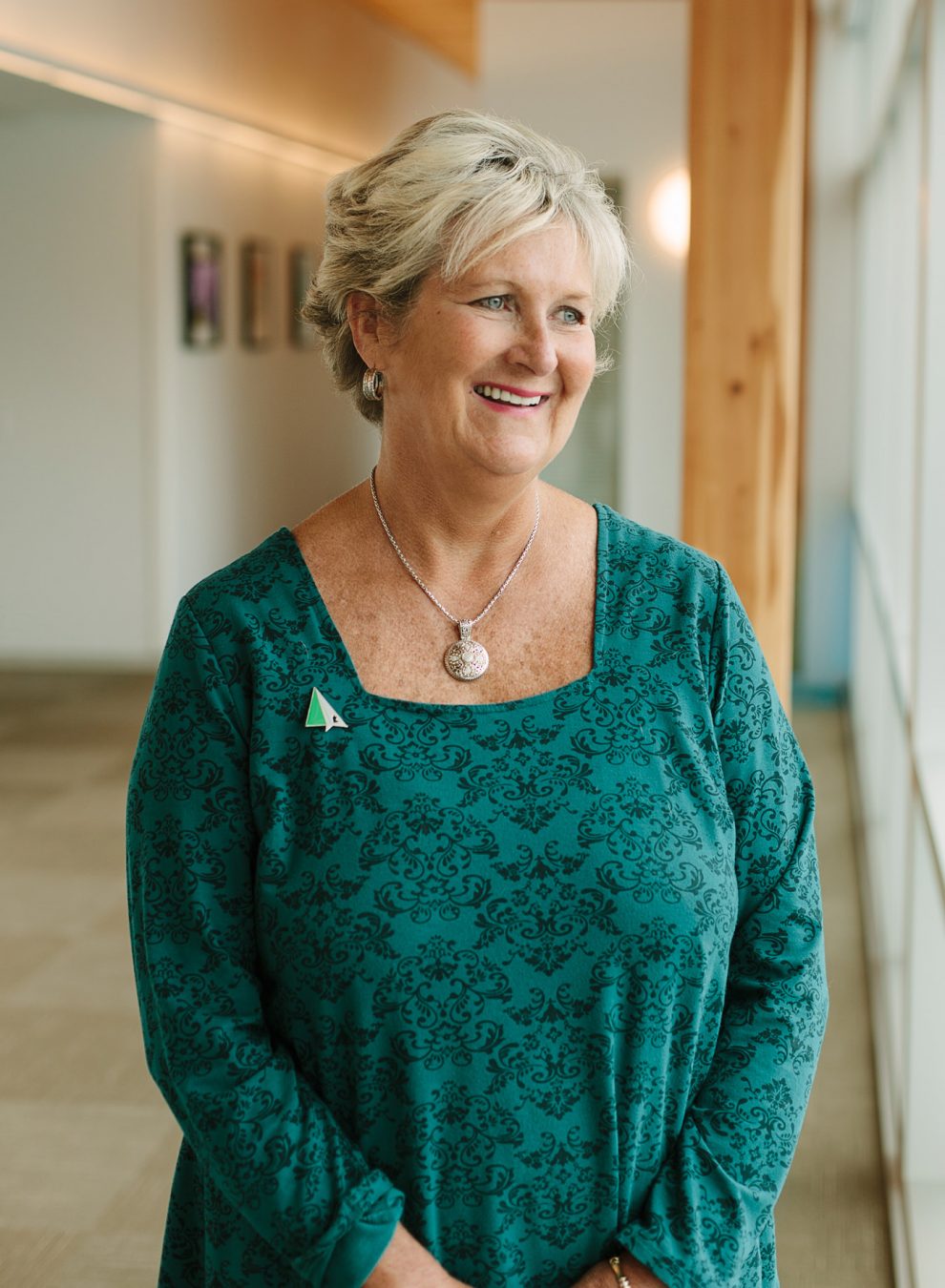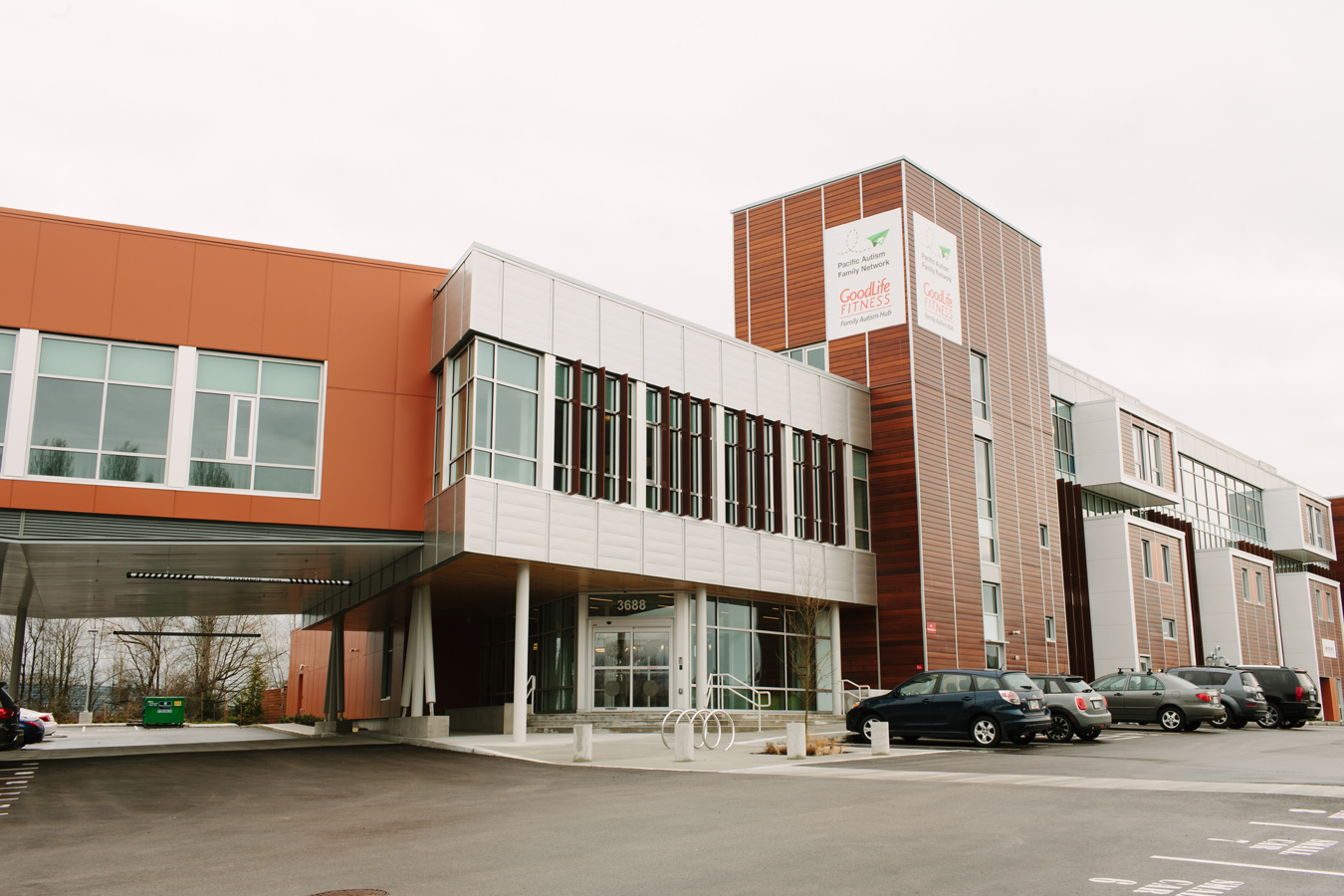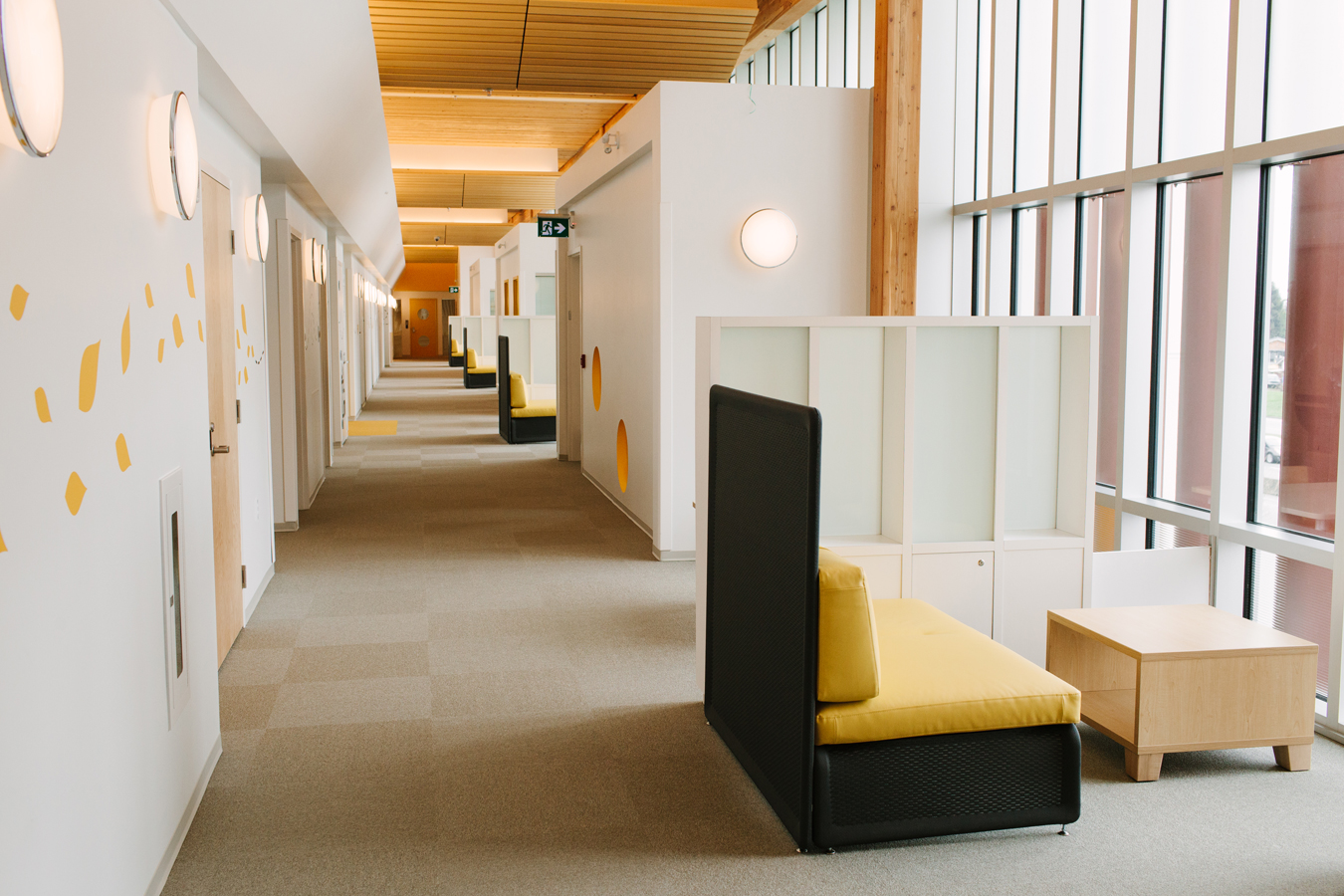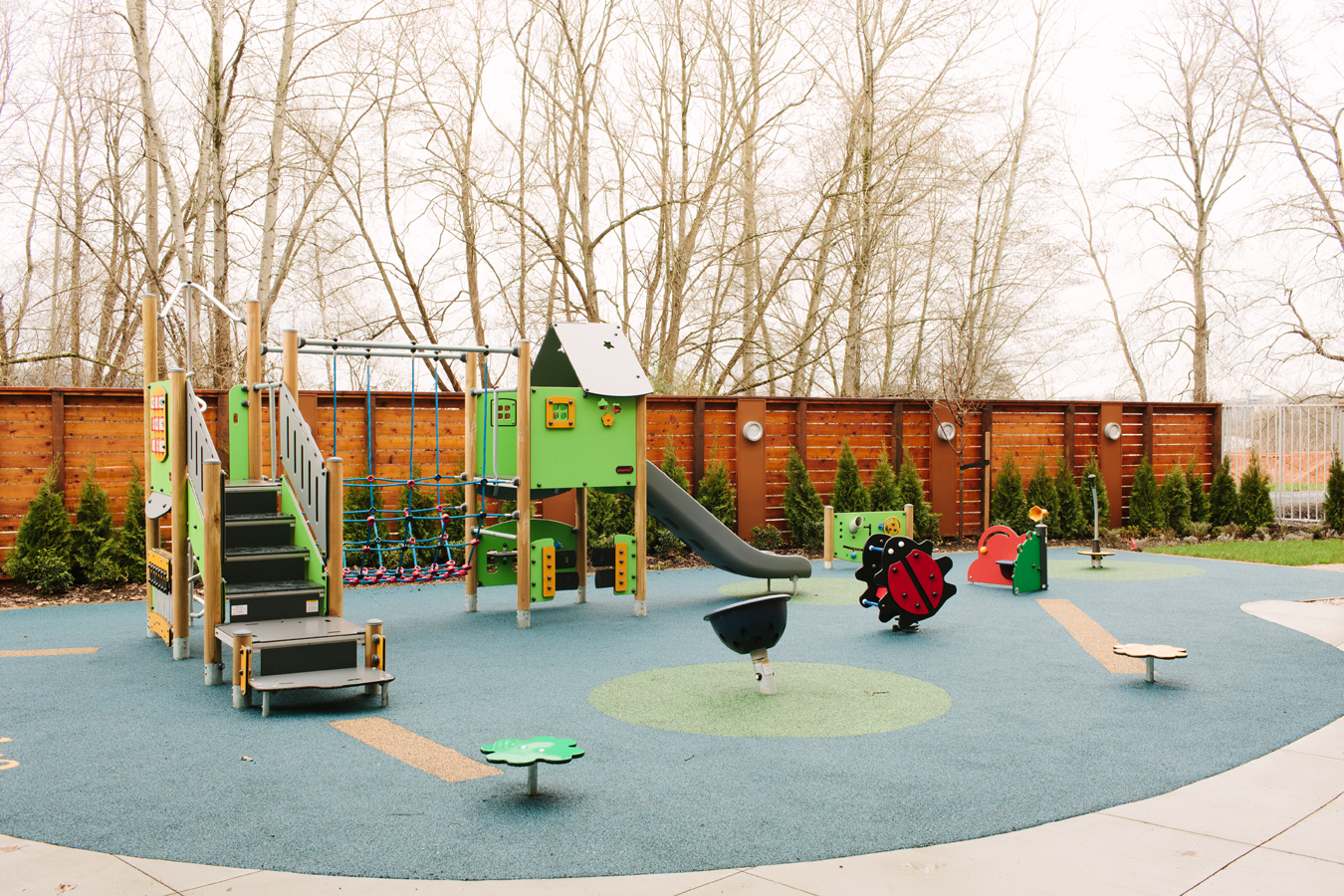Sergio Cocchia’s voice, normally quite measured, rises with emotion when he speaks about Autism Spectrum Disorder (ASD). “Even the word ‘sad’, for example, may have no meaning at all,” he says. “Someone with ASD can be incapable of understanding emotions. You can see why that creates all kinds of challenges for families.” Cocchia lightly shakes his head, and collects himself quickly. He knows firsthand the difficulties associated with a family member who has ASD; he and his wife, Wendy Lisogar-Cocchia, have a son who is severely affected. Struggles to achieve such relatively simple tasks as feeding, clothing, and bathing their son were monumental. As Cocchia leads a private tour of the brand-new Pacific Autism Family Network (PAFN) in Richmond, B.C., he insists, with that passion again rising, that “families need to know they are not alone in this.”
The couple decided some eight years ago, while working through developmental disability issues with the provincial government staff on hand at their son’s school (which had a large special needs student population), to take matters into their own hands. “We were relatively secure, financially,” says Cocchia, “but we knew many were not so fortunate. And when you are dealing with a challenged child, where every day is a potentially draining emotional experience, families can shatter under the pressure. We knew something had to be done. Finding ways to alleviate those challenges is a dream of ours.”
The PAFN hub-and-spoke model is the resounding result of their efforts, in conjunction with countless organizations. The centre is now a hub for autism research, clinical practice, and family support; at over 60,000 square-feet, it is an expansive, open-concept space, and is the first facility of its kind in Canada. Both clinical care and deep research are conducted here, with channels open to smaller spoke locations across B.C., as well as provincial and national institutions all over Canada.
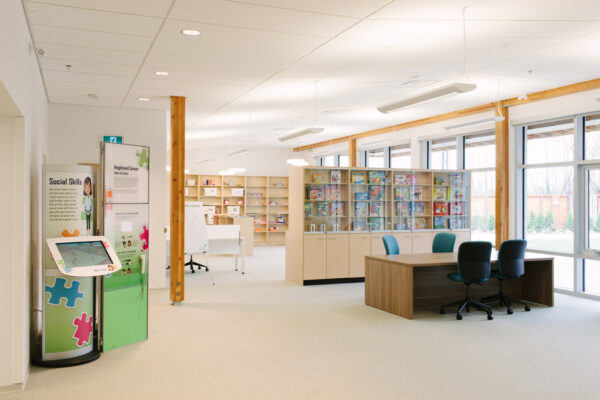
Autism British Columbia, which is the province’s longest-serving provider of support and knowledge for ASD, is now housed at the PAFN, and even currently, while the building is still ramping up to its full capacity for services and education, there is a palpable, positive buzz. That comes in large part from PAFN vice-president, research, and chief medical officer Dr. Suzanne Lewis. She’s ideally suited for the position, since she has a clear view of both the clinical, scientific side of the situation, and the real-life, real-time tribulations that patients and their families deal with. “Autism is such a heterogeneous disorder, and parents often don’t know where to go, who to talk to,” she says. “We are a first line, even if it is a simple phone call. The sooner the diagnostic process begins, the sooner we can get to treatments, and to funding. But most importantly, parents’ burdens are alleviated almost immediately. They become part of a community.”
ASD is aptly named, since those who suffer from it exhibit symptoms that present in a wide range of characteristics and of severity. “This facility fills a huge need for any families involved with ASD,” says Cocchia. “Each person is different, unique, and the symptoms are on a wide scale. The centre can significantly help, no matter where on the scale a person falls.”
The word “intervention” is used as often as “treatment” when it comes to ASD. Intervention is a vital tool, in making life in the world possible for a person with the disorder. Success stories abound, of ASD students doing well in school, working steady jobs, even living on their own. But there is an arduous process involved in helping them understand how to curtail behaviours that are detrimental to their development and their overall health. And while success stories are not the majority, they are important examples of what is possible.
The PAFN has a nice little cafe, which clients and visitors alike can use. But its real purpose is to provide paying jobs to those with autism and related disorders to gain the tangible skills needed to become ready for permanent employment in the workforce. It is all about small, incremental steps. “Over the course of a year or two,” says Cocchia, “a young person here can learn all about working in the real world, managing their time, mastering tasks, and getting paid for their work. It is a great first step towards a kind of independent living scenario.” There is also a studio apartment, complete with kitchen, washer, and dryer—a kind of prep school for independent living. The dental studio on premise is a sobering reminder of the challenges that come with ASD; a severe aversion to anything like a needle is quite common, so even a maintenance visit for teeth cleaning becomes a major obstacle to overcome. PAFN’s dental studio is operated by professionals with knowledge of ASD, meaning the experience can be made much less terrifying, even manageable.
Overall, this is a place of inclusion, of feeling welcome, of putting patients and their families first. “Here at the centre, we work with all children with development disabilities, even if they do not strictly meet the autism definitions,” Lewis declares. “No child will be turned away.”

